Earn a certificate & get recognized
Introduction to API Testing
Ready to master API Testing? Enrol now for a comprehensive free course and elevate your software testing skills today!
Introduction to API Testing
5.9K+ learners enrolled so far
Stand out with an industry-recognized certificate
10,000+ certificates claimed, get yours today!
Get noticed by top recruiters
Share on professional channels
Globally recognised
Land your dream job

Skills you will gain
API testing techniques
Test case development for APIs
Understanding of RESTful APIs
Handling authentication and authorization in API testing
Identifying and addressing security vulnerabilities
Automation of API testing
Key Highlights
Get free course content
Master in-demand skills & tools
Test your skills with quizzes
About this course
Introduction to API Testing is a free course that covers the essentials of API testing. Dive into the fundamentals, from understanding APIs to exploring the tools and environments essential for effective testing. Learn about authentication, authorization, and various testing methods, both manual and automated. Gain insights into creating comprehensive test cases and implementing automation frameworks.
Delve into practical aspects such as data validation, performance testing, error handling, and security considerations. Understand the significance of documentation and reporting in API testing, along with industry best practices. Finally, explore the distinctions between API testing and unit testing, confront challenges, and consider ethical and legal implications. Prepare for the future by exploring emerging technologies and trends in API testing.
Course outline
Introduction to API Testing
This module introduces API testing, emphasizing its crucial role in ensuring software reliability. It covers API interactions, validation methods, and performance testing in real-world scenarios.
Tools and Environment, Setup Authentication and Authorization, Testing methods
This section emphasizes the importance of a structured testing environment and the right tools for effective API testing setup. It's foundational for efficient testing processes.
API Testing Approach and its Test Cases, Automation Frameworks, How to Test API
This module introduces key principles and differences between API types and their testing. It covers test case methodologies and discusses automation frameworks and the importance of selecting the right one.
Data Validation , Performance testing Error Handling , Security Testing, Documentation and Reporting
This module explores RESTful APIs, data validation, performance testing, error handling, security, documentation, and reporting. It emphasizes their significance in maintaining accuracy, system performance, error identification, security enhancement, and organized testing.
Best Practices of API Testing Difference between API Testing and Unit Testing
This module explores the process involving RESTful API client requests and server responses while also addressing best practices in API testing and highlighting the key differences between API testing and unit testing.
Challenges and Pitfalls
In this section, we conduct a thorough analysis of the challenges and pitfalls in API testing, providing insights into potential difficulties and setbacks that testers may encounter.
Ethical and Legal Considerations
This module delves into the ethical and legal aspects of API testing, addressing the importance of adhering to ethical guidelines and legal requirements in the testing process.
Future Trends and Emerging Technologies
This module explores the evolving landscape of API testing, highlighting emerging technologies and future trends that are shaping the field and providing valuable insights into the ever-evolving nature of API testing practices.
Get access to the complete curriculum once you enroll in the course
Stand out with an industry-recognized certificate
10,000+ certificates claimed, get yours today!
Get noticed by top recruiters
Share on professional channels
Globally recognised
Land your dream job

Introduction to API Testing

2.25 Hours
Beginner
5.9K+ learners enrolled so far
Get free course content
Master in-demand skills & tools
Test your skills with quizzes
Learner reviews of the Free Courses

5.0
5.0






Frequently Asked Questions
Will I receive a certificate upon completing this free course?
Is this course free?
What is API testing, and why is it important?
API testing ensures that different software systems communicate effectively. It is crucial for validating the functionality, reliability, and security of APIs.
Is prior programming knowledge required to take this course?
While not mandatory, a basic understanding of programming concepts will be helpful. The course covers fundamental concepts, making it accessible to beginners.
Is there a certification upon completion of the course?
Yes, participants will receive a certificate of completion, affirming their understanding of API testing fundamentals and practical skills gained during the course.
How long does it take to complete this Free Introduction to API Testing course?
It is a 1.5 hour long course, but it is self-paced. Once you enrol, you can take your own time to complete the course.
Will I have lifetime access to the free course?
Yes, once you enrol in the course, you will have lifetime access to any of the Great Learning Academy’s free courses. You can log in and learn whenever you want to.
How much does this Introduction to API Testing course cost?
It is an entirely free course from Great Learning Academy.
Is there any limit on how many times I can take this free course?
No. There is no limit. Once you enrol in the Free Introduction to API Testing course, you have lifetime access to it. So, you can log in anytime and learn it for free online.
Become a Skilled Professional with Pro Courses
Gain work-ready skills with guided projects, top faculty and AI tools, all at an affordable price.


View Course

Included with Pro+ Subscription

View Course

Included with Pro+ Subscription


View Course

Included with Pro+ Subscription

View Course

Included with Pro+ Subscription

View Course

Included with Pro+ Subscription

View Course

Included with Pro+ Subscription
 (1).jpg)
View Course

Included with Pro+ Subscription
.jpg)
View Course

Included with Pro+ Subscription


View Course

Included with Pro+ Subscription


View Course

Included with Pro+ Subscription


View Course

Included with Pro+ Subscription




View Course

Included with Pro+ Subscription


View Course

Included with Pro+ Subscription

View Course

Included with Pro+ Subscription

View Course

Included with Pro+ Subscription
 (1).png)
View Course

Included with Pro+ Subscription

View Course

Included with Pro+ Subscription

View Course

Included with Pro+ Subscription

View Course

Included with Pro+ Subscription

View Course

Included with Pro+ Subscription
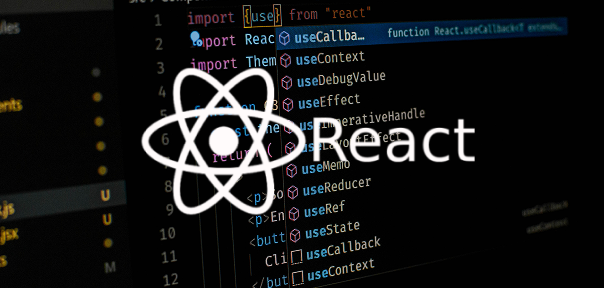
View Course

Included with Pro+ Subscription

View Course

Included with Pro+ Subscription


View Course

Included with Pro+ Subscription

View Course

Included with Pro+ Subscription

View Course

Included with Pro+ Subscription


.jpg)
View Course

Included with Pro+ Subscription

View Course

Included with Pro+ Subscription
.jpg)
View Course

Included with Pro+ Subscription

View Course

Included with Pro+ Subscription
.jpg)
View Course

Included with Pro+ Subscription
 (1).jpg)
View Course

Included with Pro+ Subscription
.png)
View Course

Included with Pro+ Subscription
.jpg)
View Course

Included with Pro+ Subscription
.jpeg)
View Course

Included with Pro+ Subscription
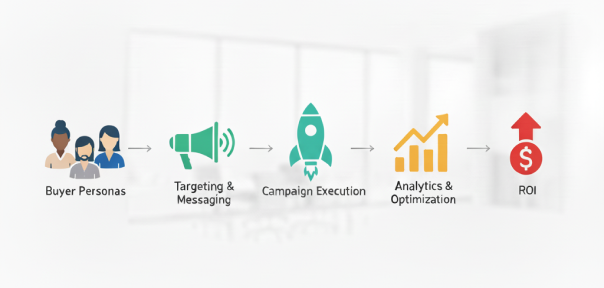
View Course

Included with Pro+ Subscription

View Course

Included with Pro+ Subscription

View Course

Included with Pro+ Subscription
.png)
.png)
View Course

Included with Pro+ Subscription
.png)
View Course

Included with Pro+ Subscription
.png)
View Course

Included with Pro+ Subscription


.png)
View Course

Included with Pro+ Subscription


View Course

Included with Pro+ Subscription
.jpg)

.jpg)

.png)

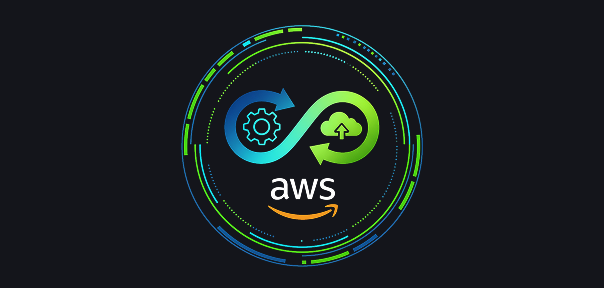
View Course

Included with Pro+ Subscription


View Course

Included with Pro+ Subscription


View Course

Included with Pro+ Subscription
.png)
View Course

Included with Pro+ Subscription

View Course

Included with Pro+ Subscription
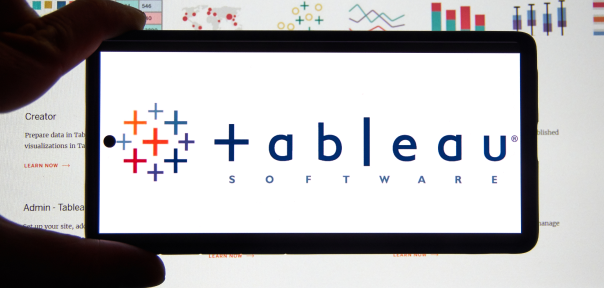
View Course

Included with Pro+ Subscription
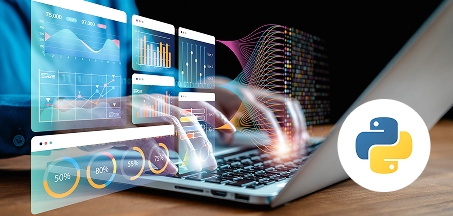
View Course

Included with Pro+ Subscription

View Course

Included with Pro+ Subscription
Popular


View Course

Included with Pro+ Subscription

View Course

Included with Pro+ Subscription


View Course

Included with Pro+ Subscription

View Course

Included with Pro+ Subscription

View Course

Included with Pro+ Subscription

View Course

Included with Pro+ Subscription
 (1).jpg)
View Course

Included with Pro+ Subscription
.jpg)
View Course

Included with Pro+ Subscription
Microsoft Courses


View Course

Included with Pro+ Subscription


View Course

Included with Pro+ Subscription


View Course

Included with Pro+ Subscription




View Course

Included with Pro+ Subscription


View Course

Included with Pro+ Subscription
IT & Software

View Course

Included with Pro+ Subscription

View Course

Included with Pro+ Subscription
 (1).png)
View Course

Included with Pro+ Subscription

View Course

Included with Pro+ Subscription

View Course

Included with Pro+ Subscription

View Course

Included with Pro+ Subscription

View Course

Included with Pro+ Subscription

View Course

Included with Pro+ Subscription
.png)
View Course

Included with Pro+ Subscription
.png)
View Course

Included with Pro+ Subscription
.png)
View Course

Included with Pro+ Subscription

View Course

Included with Pro+ Subscription

View Course

Included with Pro+ Subscription
.jpg)
View Course

Included with Pro+ Subscription


View Course

Included with Pro+ Subscription
.png)
View Course

Included with Pro+ Subscription
.png)
View Course

Included with Pro+ Subscription


View Course

Included with Pro+ Subscription

View Course

Included with Pro+ Subscription

View Course

Included with Pro+ Subscription


View Course

Included with Pro+ Subscription
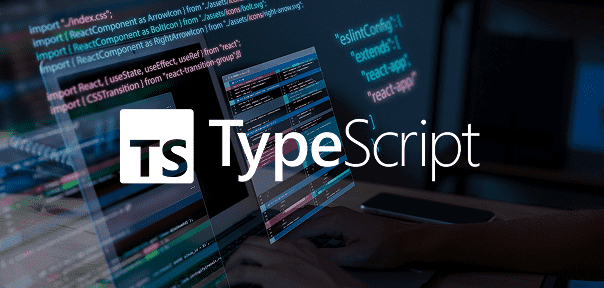
View Course

Included with Pro+ Subscription
AI & Generative AI

View Course

Included with Pro+ Subscription


View Course

Included with Pro+ Subscription

View Course

Included with Pro+ Subscription

View Course

Included with Pro+ Subscription


.jpg)
View Course

Included with Pro+ Subscription

View Course

Included with Pro+ Subscription
Management
.jpg)
View Course

Included with Pro+ Subscription

View Course

Included with Pro+ Subscription
.jpg)
View Course

Included with Pro+ Subscription
 (1).jpg)
View Course

Included with Pro+ Subscription
.png)
View Course

Included with Pro+ Subscription
.jpg)
View Course

Included with Pro+ Subscription
.jpeg)
View Course

Included with Pro+ Subscription

View Course

Included with Pro+ Subscription
.png)
View Course

Included with Pro+ Subscription

View Course

Included with Pro+ Subscription
.png)
View Course

Included with Pro+ Subscription

View Course

Included with Pro+ Subscription
.png)
View Course

Included with Pro+ Subscription
.png)
View Course

Included with Pro+ Subscription
.png)
View Course

Included with Pro+ Subscription

View Course

Included with Pro+ Subscription
Cyber Security

View Course

Included with Pro+ Subscription

View Course

Included with Pro+ Subscription
.png)
.png)
View Course

Included with Pro+ Subscription
.png)
View Course

Included with Pro+ Subscription
.png)
View Course

Included with Pro+ Subscription
Cloud Computing


.png)
View Course

Included with Pro+ Subscription


View Course

Included with Pro+ Subscription
.jpg)

.jpg)

.png)


View Course

Included with Pro+ Subscription


View Course

Included with Pro+ Subscription
.png)

View Course

Included with Pro+ Subscription
.png)

View Course

Included with Pro+ Subscription


View Course

Included with Pro+ Subscription
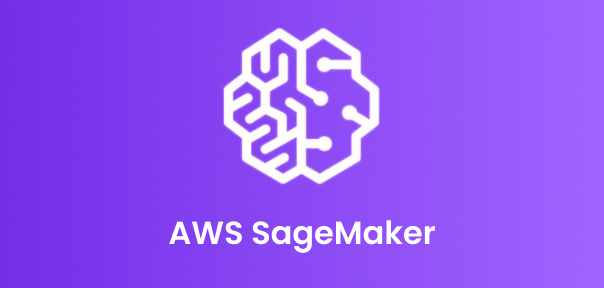

View Course

Included with Pro+ Subscription



Data Science & ML


View Course

Included with Pro+ Subscription
.png)
View Course

Included with Pro+ Subscription

View Course

Included with Pro+ Subscription

View Course

Included with Pro+ Subscription

View Course

Included with Pro+ Subscription

View Course

Included with Pro+ Subscription
Subscribe to Academy Pro+ & get exclusive features
₹999/month Inc. of GST
No credit card required

Learn from 40+ Pro courses
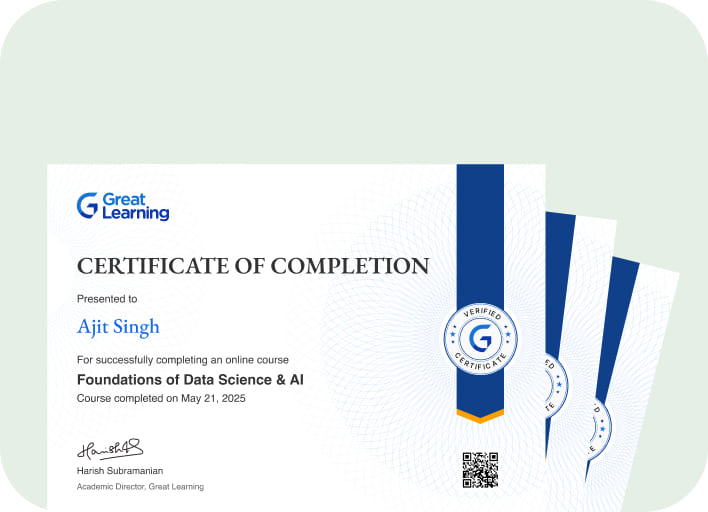
Access 500+ certificates for free
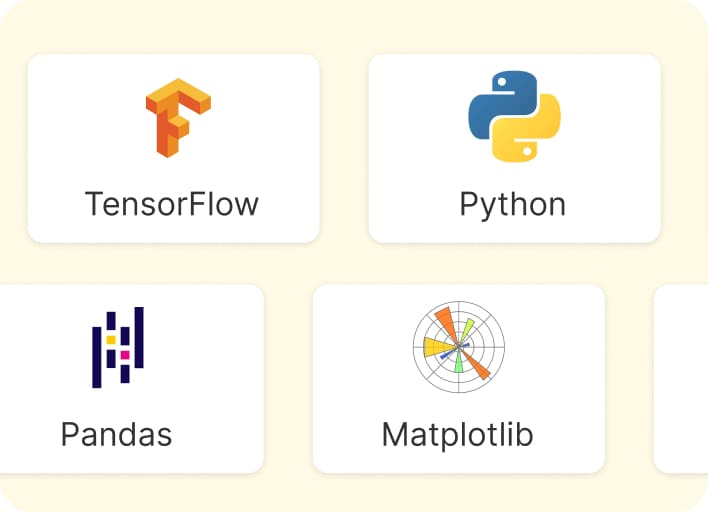
700+ Practice exercises & guided projects
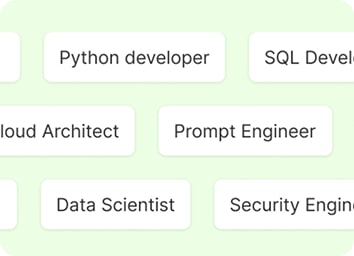
Prep with AI mock interviews & resume builder
Recommended Free Software courses





Similar courses you might like












